- The collective transfer of troops to state-owned enterprises and institutions is a major institutional reform
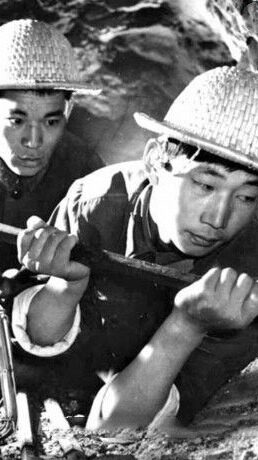
In accordance with the spirit of the State Council and the Central Military Commission's (1982) No. 23 document "Decision on Removal of Infrastructure Engineering Corps", the Leading Group for the Revocation of Infrastructure Engineering Corps submitted the "Implementation Plan on Removal of Infrastructure Engineering Corps" to the State Council and the Central Military Commission on October 19, 1982. The proposed implementation plan for the abolition of the infrastructure engineering force is as follows:
Principles of Sale and Adaptation
In principle, the units of the infrastructure engineering corps are collectively transferred to relevant departments of the State Council and Beijing in accordance with their counterparts in the system. Some troops can be transferred to provinces, cities, and autonomous regions if required by the local government and approved by the relevant Ministry of the State Council. What the military system needs is handed over to the military. A small number of cadres and fighters who really have difficulties and cannot collectively transfer jobs are included in the whole army's plan for transfer and discharge. When the army is reorganized, it is necessary to maintain its production capacity, to equip it with a good leadership team, to transform it into a state-owned enterprise and institution in an organizational system, and to continue to play the role of a commando force in the construction of the national economy.
In order to make cadres and soldiers work at ease in this industry. Implement policies that encourage collective transfers, basically maintain the current benefits politically, and do not reduce income economically. In principle, the equipment and assets of the troops shall be handed over with the troops. The abolition and reorganization are carried out in the order of descending, then upper, and the troops first, and the party committees at all levels shall be responsible for the reorganization and reorganization of their subordinate troops to the end, and strive to ensure that there are no political problems and no economic losses.
Steps to undo adaptation
The Infrastructure Engineering Corps currently has nine headquarters, three offices, 27 detachments, 137 regiments, and five schools, with a total of 340,000 people. Two-thirds of the reorganization will be revoked this winter and next spring, with 224,000 people. The rest of the troops were basically cancelled and reorganized at the end of 1983. Seventy-two thousand people will be re-employed and discharged this winter, including 12,000 cadres and 60,000 soldiers. The communications headquarters and its four regiments were handed over to the leadership of the Communications Department of the General Staff, and the four hydrogeological regiments were handed over to the leaders of the relevant military area organizations. There are eight regiments with more than 4,000 people. In this winter and next spring, the coal, metallurgy, petrochemical, Beijing, hydrogeological headquarters and the Ministry of Aviation Industry, the Military Office of the Ministry of Aerospace Industry, and the units directly under the arms will be revoked and adapted. There are 16 detachments, 67 regiments, four schools, and one design. The courtyard, 148,000 people. In the winter of 1983, the Ministry of Nuclear Industry, the Golden Command, and the troops stationed in Shenzhen were abolished and reorganized. There were 7 detachments, 43 regiments, and a school with 66,000 people. The 23,000 traffic force is not within the scope of the basic withdrawal in two years. The cancellation and reorganization of the 25,000 hydropower units will be arranged separately. The relevant ministries of the State Council, the Beijing Municipality, and the Infrastructure Engineering Corps shall, in accordance with the principles of this implementation plan, and in light of actual conditions, respectively formulate specific implementation plans for the units of each system, and implement them after being approved by the State Council and the Central Military Commission.
Revocation of the relevant policies in the adaptation
Regarding labor indicators and settlement issues, in the entire arms, apart from those who were transferred to the army and transferred to the army, about 260,000 people were transferred collectively. The Ministry of Labor and Personnel will allocate the required labor indicators to the relevant ministries, provinces and cities of the receiving troops. . Collectively transferred personnel and children of their family members accompanying the army shall be settled locally by the local government. Cadres, fighters and employees who have been transferred collectively will retain their current wages and benefits. Professional and technical cadres' evaluation of professional titles and cadre level adjustment
For scientific and technological management cadres, financial accounting, statistics, accounting, quota and other professional cadres, and technical secondary school teachers who have not been rated for their professional titles, the units reorganized by the army shall conduct supplementary evaluations in accordance with national regulations. The salary adjustments for cadres who cancel the reorganized troops this year and the next will be handled in accordance with military regulations. If the army does not adjust the rank when the army is withdrawn, the cadres who are collectively transferred to the local area will be re-adjusted in accordance with the relevant regulations of the State Council in the same way as the local cadres (including the rank-adjusted personnel specified in the State Council Guofa (1981) No. 144). Regarding the issue of the retirement of cadres and employees, more than 2,000 cadres of all arms who meet the requirements for retiring are placed and managed in accordance with the unified regulations of the whole army. The arms are planned to build cadre retreats, equipped with management institutions, equipment, and materials. For cadres who meet the requirements of the State Council and the Central Military Commission (1982) No. 16 document but are not within the scope of the State Council and the Central Military Commission (1982) No. 1 document, the headquarters and detachments will make best use of the existing real estate, and they will be relatively concentrated and built on the spot. The investment is arranged by the State Planning Commission according to the original funding channels, and the required land is allocated by the local government. Retired cadres who need to be resettled across districts are included in the unified arrangement of the military plan. The family members of retired cadres who have been approved to be placed in the cadre rest camps Children are settled by the local government where they are located, and those who have jobs are assigned to their children. After all the troops have been dismantled, the retreat will be arranged and managed by the General Political Department.
There are more than 2,000 cadres in the entire arms who need to be retired. The original plan was to relocate 800 in 1982 and 1983, and more than 1,200 in 1984. In order not to affect the progress of the cancellation, the General Political Department included the 1984 resettlement plan in the 1983 resettlement plan. Before the local civil affairs department accepted the resettlement, it was temporarily managed by a unit reorganized by the army. The retired and retired staff, workers, and workers who have not been in the staff, the workers and the soldiers who have been reformed from work, shall be implemented in accordance with the provisions of the Ministry of Civil Affairs, the Ministry of Labor and Personnel, and the Min (1982) No. 39 document of the three headquarters, and shall be managed by the local organizations, personnel and civil affairs departments.
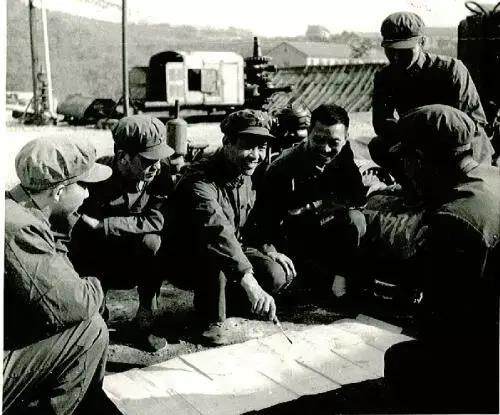
On the question of students, there are now more than 3,000 students studying in various academies in all arms. For those who graduated after the abolition of the army, the 141 people who studied in the military academies will be uniformly distributed by the General Political Department. If the school goes to school, it will be transferred to the corresponding place with the school, and the graduation distribution and use shall be implemented in accordance with the relevant regulations of the state. The student retains the existing allowance, food and clothing expenses during the school period, and the cost of the part higher than the national bursary will be cancelled by the infrastructure engineering team. Appropriate. Soldiers who have graduated from the teaching team and technical secondary school classes and have already taken up the duties of cadres. The troops that will not be changed this winter and next spring will be given appropriate indicators by the General Political Department. After all are graded, they collectively transfer to local jobs.
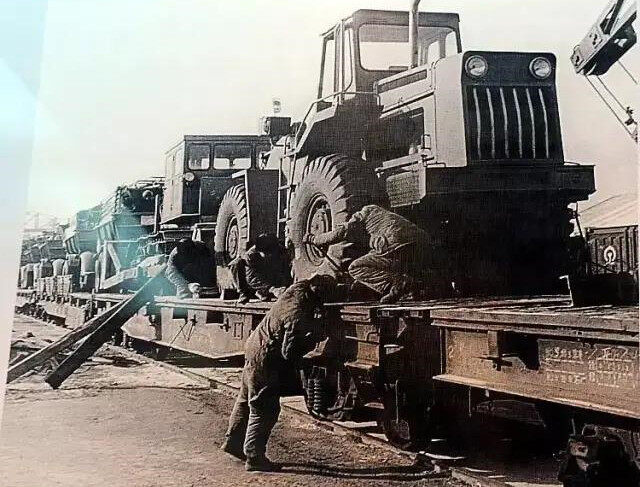
With regard to the placement of the injured, sick and disabled and the families of the sacrificed and deceased, there are more than 3,000 injured, sick and disabled people in the armed forces. In accordance with the provisions of the State Council and the Central Military Commission’s document No. [1979] No. 161, relevant provinces, cities, and autonomous regions will receive placement. The personnel still handed over at the end of the reorganization of the army shall go through the formalities of the army and be transferred to the management of the reorganized unit. The wounded, sick and disabled who were treated in military hospitals when the troops were withdrawn will not be transferred to another hospital. After they are cured, the original troops’ aftercare organization will handle the formalities and transfer them to local civil affairs departments or units reorganized by the troops for placement.
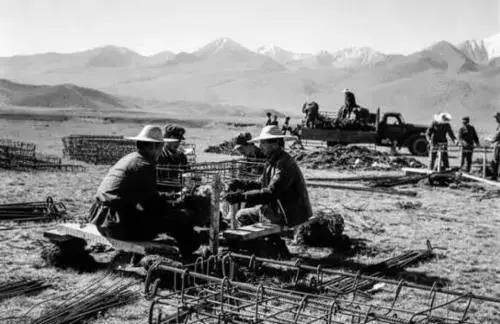
There are currently more than 300 families of the deceased in the armed forces. Units reorganized by the army are managed in accordance with the army's pension standards. On the issue of the arrangement of cadres at the two levels of arms and headquarters, in addition to retired, retired, and decentralized cadres, there are 1,100 cadres to be arranged for the two levels of agencies. Approximately 300 cadres in the branches of arms are arranged through multiple channels and in phases and batches. Among them, the General Political Department is responsible for the arrangements that persist in the work to the end. Cadres from various command centers and military offices were collectively transferred to relevant departments of the State Council and Beijing. The cadres of the branches of the armed forces who are transferred to work in Beijing and the collectively transferred cadres of various command posts and military offices will be settled by Beijing.
The issue of the cancellation of funds, the funds required for the abolition of the troops, including demobilization, relocation expenses, work stoppage expenses, and transfer expenses shall be resolved by the Ministry of Finance after review and appropriation. From the day of the official handover of the troops, all expenses incurred will be borne by the receiving unit. Regarding property transfer issues, all fixed assets, working capital, creditor's rights and debts, document files, production technical materials, etc. of the troops shall in principle be transferred to the receiving unit along with the troops, and the formalities shall be handled in accordance with relevant state regulations. The working capital borrowed by the infrastructure engineering unit will be returned to the arms in full and turned over to the state finances. The real estate of the troops will be handed over with the troops, except for the houses needed for the retired cadres and persons to be resettled, and the land needed for the construction of rest and rest. All military materials such as weapons, ammunition and radio communication equipment were turned over to the military region where they were located. After the inventory was loaded with materials and grains, the accounts were settled with the supply unit, and the remaining part was handed over to the unit reorganized by the army.
Issues left over from the history of the various units and issues left over from the cancellation and reorganization are handled by the receiving unit and the reorganized unit. When a person serving a sentence in the army is released and the original army has been cancelled, the General Political Department is responsible for handling it. Since the handover of the troops, all cases have been handled by local procuratorates and courts. After retiring, retiring, demobilizing, and retiring from the military, various command posts, military offices, detachments, and schools will set up a capable aftermath work organization to handle the aftermath of their units. The aftermath work organization is under the unified leadership of the arms, and the logistics supply is still provided by the relevant military units according to the current relationship. After the aftermath work is completed, its staff shall handle the procedures in accordance with the team regulations except for retired and retired persons. The rest are arranged by relevant ministries of the State Council, Beijing Municipality, and units reorganized by the army.
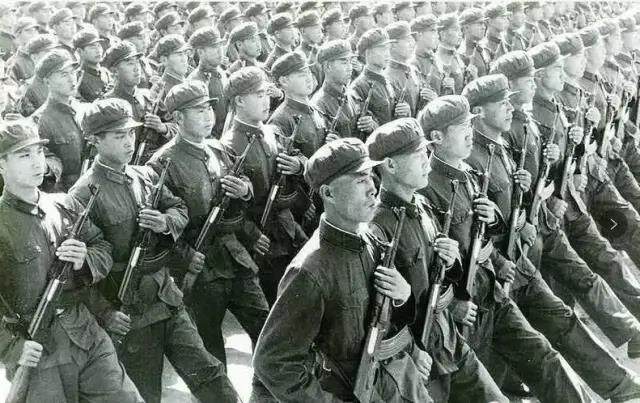
The abolition of the infrastructure engineering corps and the collective transfer of the troops to state-owned enterprises and institutions are a major institutional reform. The tasks are arduous and complicated. Guided by the spirit of the 12th National Congress of the Communist Party of China, conscientiously implement the Party Central Committee's decision on abolishing the infrastructure engineering troops, earnestly strengthen leadership, and do a good job in the abolition and reorganization. All troops must vigorously strengthen political and ideological work, organize and study the documents of the 12th National Congress of the Communist Party of China, and carry out in-depth communist ideological education, so that combat workers can correctly handle the relationship between personal interests and overall interests, immediate interests and long-term interests, and consciously obey the needs of the organization. Work hard to create a new situation in socialist modernization in an all-round way. It is necessary to resolutely crack down on criminal activities in the economic field, and it is strictly forbidden to take advantage of the withdrawal and reform of the troops to engage in corruption, theft, damage to the public and private interests, embezzlement of public property, and squandering and waste. If problems are discovered, they must be dealt with severely, punished strictly in accordance with the law, and will never tolerate accommodation. All the staff and workers involved in the war should invigorate the revolutionary spirit, strengthen unity, work together, and successfully complete the task of cancellation and reorganization. Editor/He Yuting
Comment
 Praise
Praise
 Collect
Collect
 Comment
Comment
 Search
Search



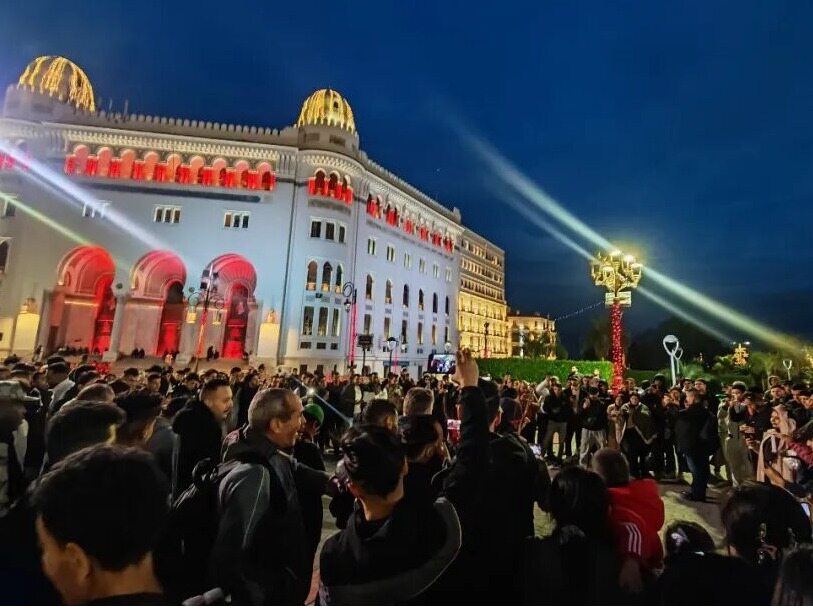
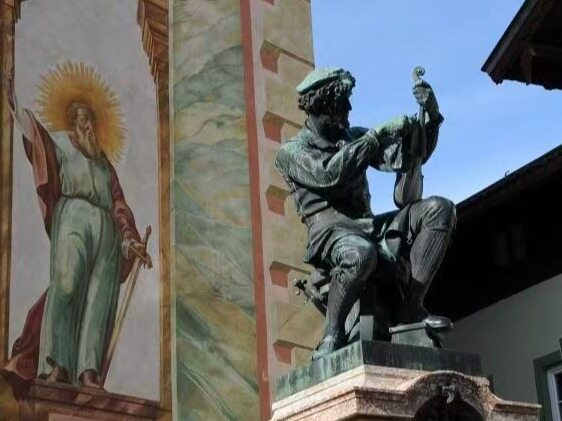
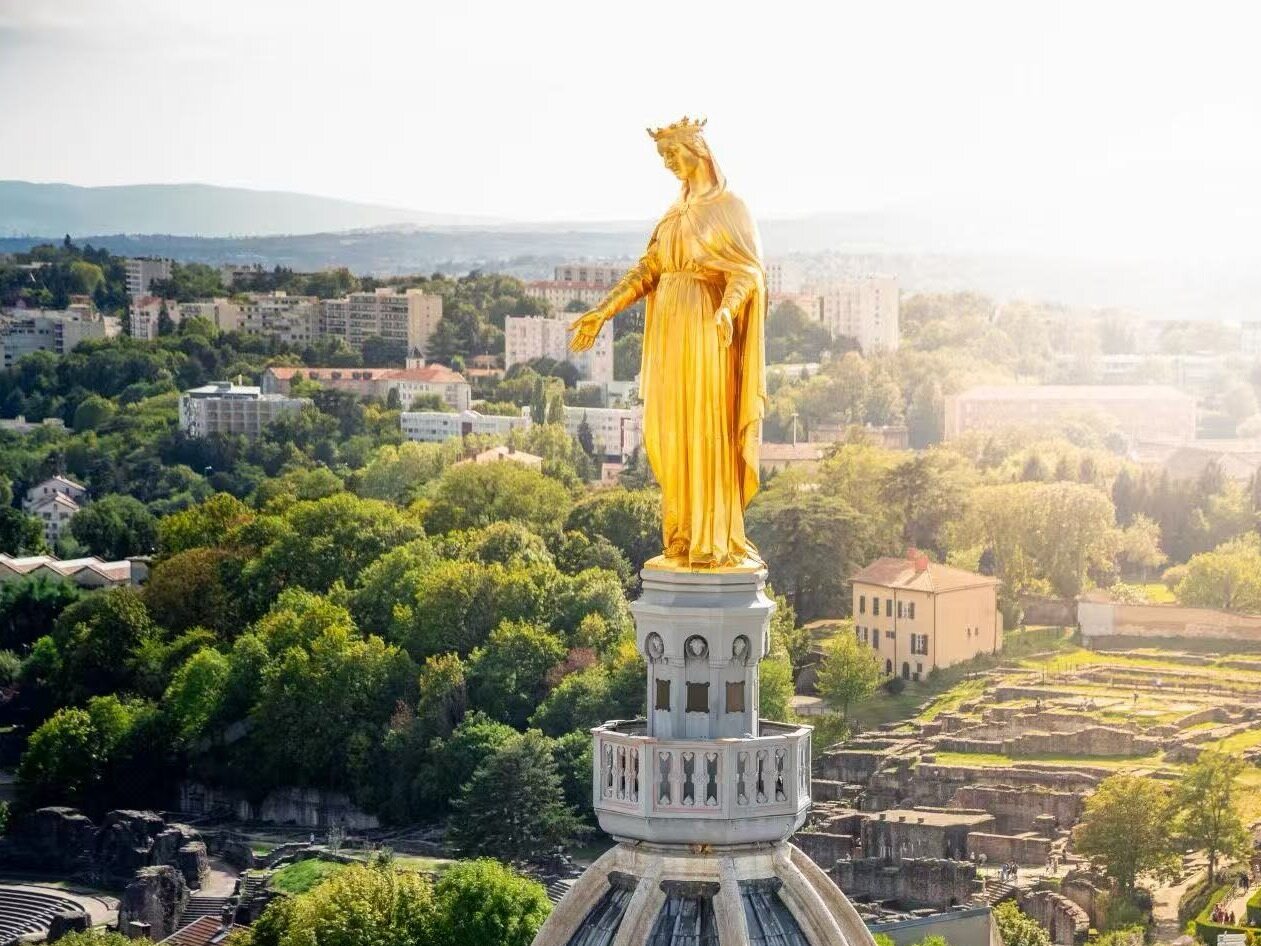
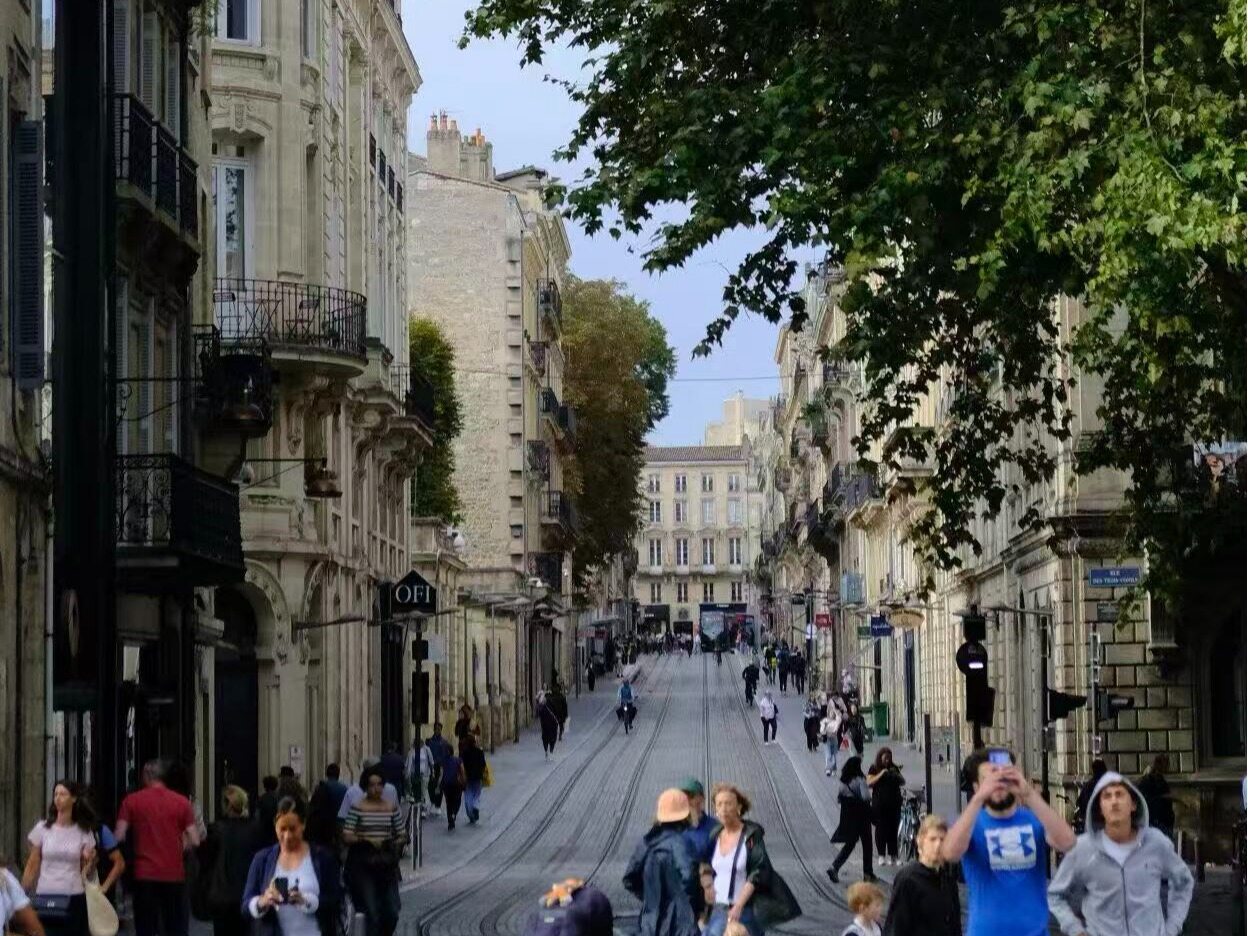







Write something~